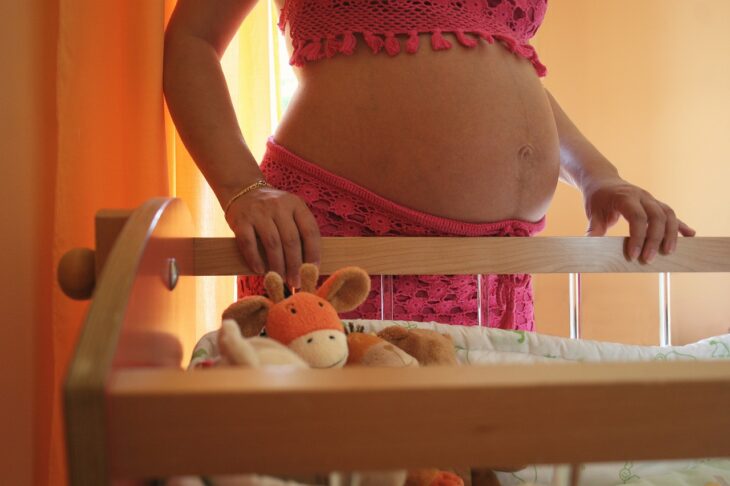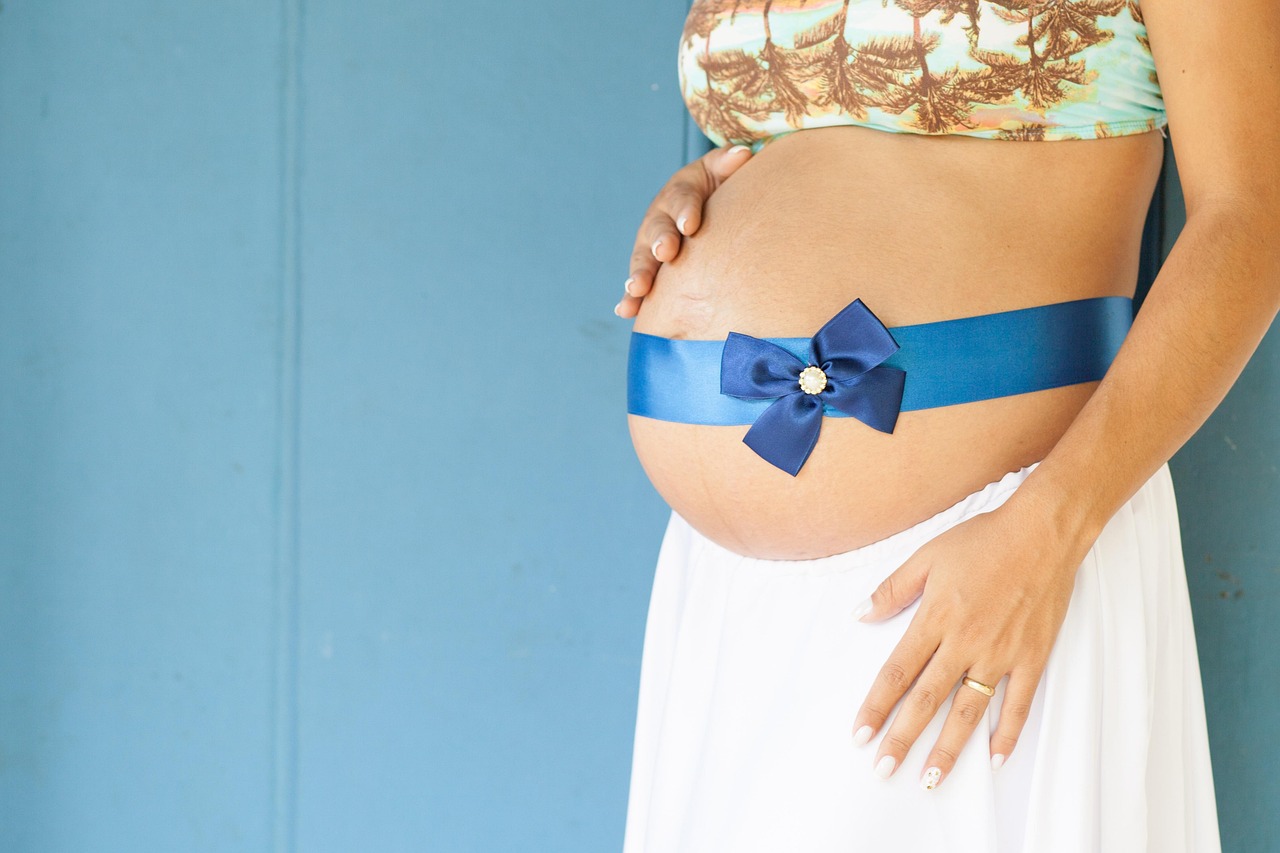
It’s a fairly well-known fact that age impacts your fertility. Both men and women experience a decline in healthy fertility as they get older. Although age affects both partners’ fertility, it impacts women in a much more dramatic way. In fact, the age of the mother significantly influences conception, along with the health of the pregnancy and success of the outcome.
Thankfully, through advanced reproductive technology, IVF helps women bypass many of the age-related impediments to conception with healthy outcomes. But there are some caveats. Here we take a look at how age impacts fertility and what you need to know before starting IVF.
Delayed Childbearing
Many more couples and individuals delay childbearing to make sure they are in the right place to raise a family. Maybe you wish to achieve career goals, ensure financial stability, or find the right partner with whom to have a family. Whatever the reason, it is your choice when to grow your family.
However, having a baby later in life isn’t without risks, primarily age-related fertility complications. Women are at their fertility peak while in their 20s. Around age 30, fertility begins declining. By 35, that decline becomes more rapid, falling off each year until menopause.
The main reason for the decline? The ovarian reserve, or egg supply, dwindles significantly in quantity and quality as you age. This leads to lower fertilization and implantation rates, greater risk for miscarriage and stillbirth, and an increase in chromosomal abnormalities.
Men also experience age-related fertility complications. As men age, their sperm loses motility (movement) and declines in viability. When age impacts fertility for either partner, it’s time to consult with a fertility specialist.
A Short Primer on Ovarian Reserve
When you are born a female, you already have all of the eggs you will ever have. They number in the millions. At the time you begin menstruating, your egg supply is roughly half; you release an egg each month. As the egg remains unfertilized, you shed it along with the lining of your uterus through your period. In addition to your menstrual cycle, your egg supply diminishes as some follicles don’t develop fully, and some eggs degrade through a natural process. Lifestyle and genetics contribute to egg loss as you age as well.
Treating Age-Related Infertility Through IVF
IVF helps many couples and individuals find a way past age-related infertility. However, there are some factors you must consider before jumping in. Every diagnosis is different, and your unique situation dictates how you and your fertility specialist proceed. However, here are some common considerations you need to know before starting IVF.
Success Rates Decline With Age
Your exact success rates vary according to your diagnosis. Underlying health issues and chronic conditions impact your odds, as does lifestyle, family health history, and any previous pregnancies.
In the United States, the rates of successful IVF begin to drop as you approach your 40s. While women under 35 can expect an overall success rate of around 50%, a woman in her late 30s sees that success rate decline to around 30%-40%. After the age of 40, the average success rate plummets to around 10%.
While your odds for successful conception and a healthy outcome decline overall as you age, it’s best to remember that your circumstances predict your outcome. You and your doctor determine the best course of treatment.
When Age Impacts Your Odds of Successful IVF
In some cases, your ovarian reserve may pose an issue. As we mentioned, your reserve declines as you age. The viability of eggs in a woman over 40 declines as well. And the risk for serious chromosomal abnormalities, which lead to miscarriage, stillbirth, and serious birth defects, also becomes a significant issue for older mothers.
When age impacts fertility by diminishing the quantity and quality of your eggs, many couples consider using third-party or donor eggs. Most of the time, these couples rely on eggs from anonymous donors. There are also occasions when the donor eggs come from a friend or family member (unrelated to the father, obviously).
The agency from which the eggs come has a rigid screening process, and the donors are typically young women in their 20s. That means highly viable, healthy eggs, which result in greater odds for successful IVF and a healthy baby.
We Can Help You
Although your age impacts your fertility you must understand there are options. It isn’t necessary you scrap your desire for a child dues to age-related complications. Please contact LA IVF today and let us help you realize it’s not too late for your dreams to come true.













